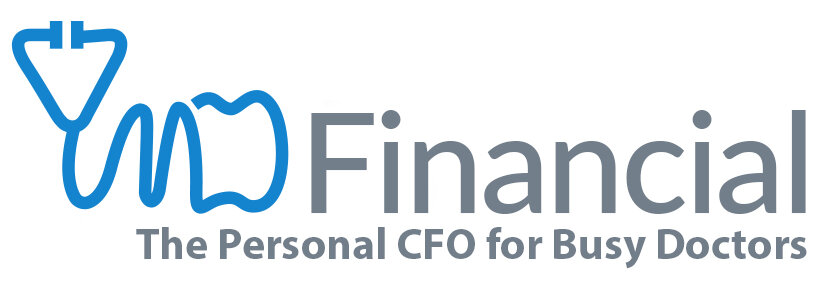Special guest Josh Lantz, CRPC®, Chief Investment Officer and Financial Advisor, joins Katherine Vessenes, JD, CFP® in today’s podcast about tax-efficient investing. We call Josh “our investment guru” around the office which is why we are excited to have him here today! With tax season upon us, you may be wondering what you could do differently to minimize taxes in retirement. Today’s episode is all about how we do this for our clients using 3 tax-efficient strategies. When it comes to investing, it’s not what you make, it’s what you keep. We want to help you plan, protect and prosper.
Doctor's Penny Pinching Tips [Podcast]
At the end of each year, we take time to reflect on what we’ve done over the past twelve months and what we want to do better next year. One of the most common New Year’s Resolutions we see doctors make: Save more money. Whether the funds are for a big trip, education, paying off debt, retirement or just in general, we’ll cover some of the best ways to save a little extra this upcoming year.
The Tax Triangle for Doctors [Podcast]
Doctors, when it comes down to it, retirement is likely going to be the most expensive purchase of your lives. As a business that deals directly with doctors’ personal financial concerns, we get many questions: “Will I have enough money to retire?”, “When will I run out?”, etc. But one question we don’t get very often, that should be asked is: “Is my money positioned in the right type of accounts?” Today we will discuss the different types of retirement accounts, their tax consequences, and how to get the most out of them when it really matters.
Money Mistakes Woman Doctors Make [Podcast]
Roth IRAs for Doctors [Podcast]
William Roth created the Roth IRA in 1997 as a tax-free retirement investment. This investment will grow tax-free and can’t be taken out until you have reached 59 1/2 years of age. There are no RMDs (Required Minimum Distribution), so you can wait and let that money keep growing, even after you reach the minimum age to start taking money out. If you do this, you can keep making contributions up until 70 1/2 years old.

![Tax-Efficient Investing for Doctors [Podcast]](https://images.squarespace-cdn.com/content/v1/561feb4ee4b0de0eb30d6d3c/1619460319375-DZ0FCROUH3HT7KTA0I50/piret-ilver-98MbUldcDJY-unsplash.jpg)
![Doctor's Penny Pinching Tips [Podcast]](https://images.squarespace-cdn.com/content/v1/561feb4ee4b0de0eb30d6d3c/1608738844840-9VO9E6J7M3Y209KAB56T/annie-spratt-TBHOuN6URGU-unsplash.jpg)
![The Tax Triangle for Doctors [Podcast]](https://images.squarespace-cdn.com/content/v1/561feb4ee4b0de0eb30d6d3c/1605823243996-S3IULTQJB443VUUOY643/carolyn-v-lthWC8oevDg-unsplash.jpg)
![Money Mistakes Woman Doctors Make [Podcast]](https://images.squarespace-cdn.com/content/v1/561feb4ee4b0de0eb30d6d3c/1547850788658-Q2DK9SKK3KVSM1QMVF21/femaledoctor.png)
![Roth IRAs for Doctors [Podcast]](https://images.squarespace-cdn.com/content/v1/561feb4ee4b0de0eb30d6d3c/1542754963298-VII7405VV67MNDJKFWCZ/55319421_m.png)
![IRA Basics for Doctors [Podcast]](https://images.squarespace-cdn.com/content/v1/561feb4ee4b0de0eb30d6d3c/1543515297730-QT4DZAFC3W7QVDRDN74E/invest.png)